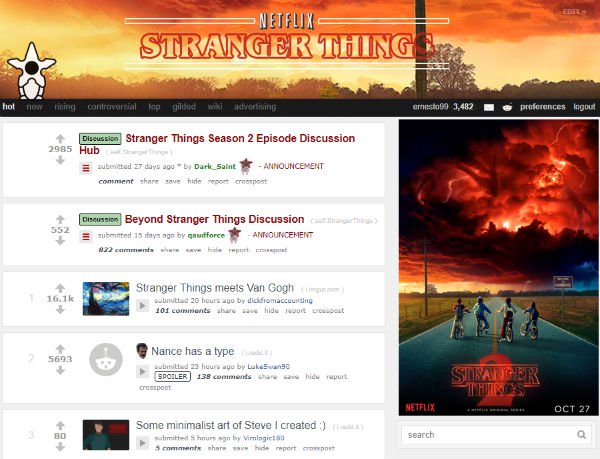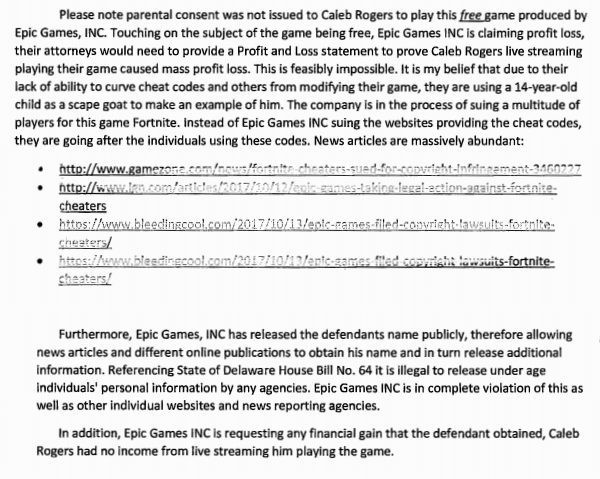Court: Accused Pirate Doesn’t Have to ‘Spy’ on Family Members
lundi 27 novembre 2017 à 11:12 Over the past decade, copyright holders have gone after hundreds of thousands of alleged pirates in Germany, demanding settlements ranging from a few hundred to thousands of euros.
Over the past decade, copyright holders have gone after hundreds of thousands of alleged pirates in Germany, demanding settlements ranging from a few hundred to thousands of euros.
The targeted account holder is sometimes the perpetrator, but it could just as easily be another member of the household or even a complete stranger, especially if the Wi-Fi network is unsecured.
This was brought up recently in a case before a District Court Charlottenburg, where a man was accused by the makers of the movie The Call. Law firm Waldorf Frommer demanded 1,000 euros in damages for the alleged infringement, but the defendant denied that he downloaded the film.
Several other people were in the house at the time of the alleged offense, including the man’s adult son, his adult daughter and his sister-in-law. These people all have good computer skills and could, in theory, have downloaded the movie.
The filmmakers argued that the man should be held liable for the alleged infringement on his connection, even when he denies direct involvement, but the court disagreed and denied a request for a thorough investigation.
The District Court of Charlottenburg decided that the father cannot be held liable for damages. The fact that he questioned the other members of the household, which yielded no results, was sufficient in this case.
Law firm Wilde Beuger Solmecke (WBS), which represented the defendant, notes that the man’s respect for private and family life is protected by the EU Charter of Fundamental Rights. As such, he cannot be required to spy on the downloading habits of household members.
“He was not required to document the use of the Internet connection or to investigate the computers for file-sharing software. Such investigation obligations would not be reasonable for him,” the law firm stresses.
“Once again, it has been established that undisturbed marital and family life is protected from harm by the EU Charter of Fundamental Rights, which has a massive impact on the investigation obligations of the subscribers.”
The ruling is in line with recent orders from the German Federal Court of Justice. Last year, the highest German civil court ruled that subscribers are not required to spy on the downloading habits of family members, which was confirmed in a separate order a few months ago.
“Families, in particular, should not be intimidated by law firms. These often make demands for investigations, which the Federal Court of Justice has recently rejected,” law firm WBS concludes.
Source: TF, for the latest info on copyright, file-sharing, torrent sites and more. We also have VPN discounts, offers and coupons

 Netflix offers a great selection of movies and TV-shows and dozens of millions of people can’t go a week without it.
Netflix offers a great selection of movies and TV-shows and dozens of millions of people can’t go a week without it.

 A few weeks ago, Epic Games released Fortnite’s free-to-play “Battle Royale” game mode for the PC and other platforms, which proved to be quite popular.
A few weeks ago, Epic Games released Fortnite’s free-to-play “Battle Royale” game mode for the PC and other platforms, which proved to be quite popular.
